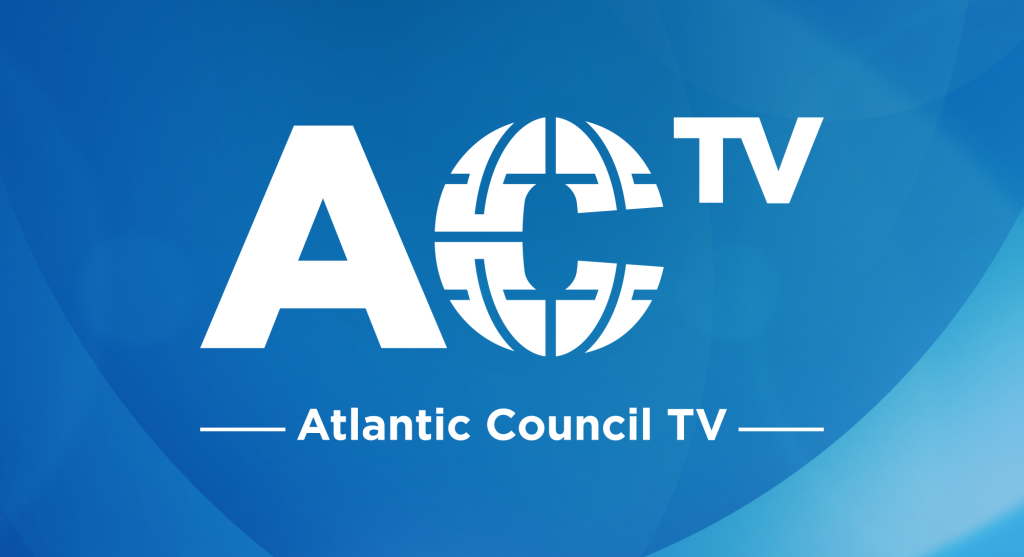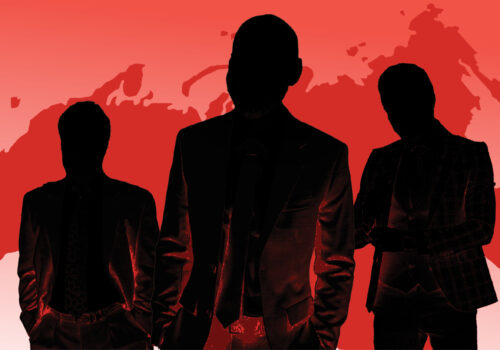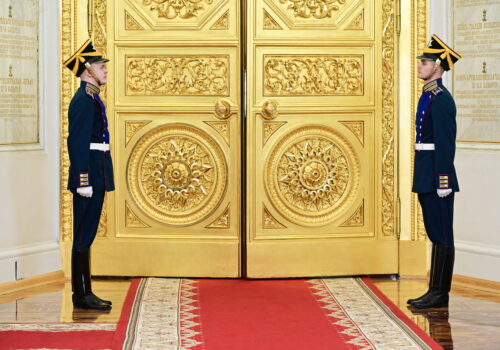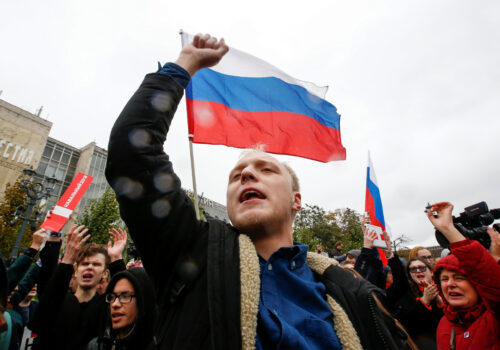
Russia’s full-scale invasion of Ukraine in February 2022 challenged much of the common Western understanding of Russia. How can the world better understand Russia? What are the steps forward for Western policy? The Eurasia Center’s new “Russia Tomorrow” series seeks to reevaluate conceptions of Russia today and better prepare for its future tomorrow.
There will be very little suspense surrounding Russia’s presidential election this month. Vladimir Putin will certainly win a fifth term as Kremlin leader. Even the shock of opposition leader Alexei Navalny’s murder is unlikely to affect the outcome.
The latest report in the Atlantic Council’s Russia Tomorrow series, “All the autocrat’s men: The court politics of Putin’s inner circle,” argues that the lack of suspense surrounding the result of the Russian presidential election does not mean that it will not be meaningful. Author Mikhail Zygar writes that on the contrary, this ritual is a political watershed that will determine the landscape in Russia for years to come—and possibly what Russia will look like after Putin finally passes from the scene. That is because, in the absence of institutions, Russian politics are effectively court politics, dominated by the clan battles within the Kremlin leader’s inner circle.
This paper lifts the curtain on the Kremlin’s court politics, drawing from extensive interviews with dozens of current and former Russian officials who spoke on condition of anonymity to discuss the inner workings of the Kremlin power elite without fear of reprisals. What is the state of the “Putin court?” And how has Russia’s war against Ukraine influenced the clan battles that define it?
Speakers
Natalia Arno
President and Founder
Free Russia Foundation
Maria Snegovaya
Senior Fellow, Europe, Russia, and Eurasia Program
Center for Strategic and International Studies
Mikhail Zygar
Nonresident Senior Fellow, Eurasia Center
Atlantic Council
Moderator
Related content

The Eurasia Center’s mission is to promote policies that strengthen stability, democratic values, and prosperity in Eurasia, from Eastern Europe in the West to the Caucasus, Russia, and Central Asia in the East.
Atlantic Council TV

Watch this event and more content on ACTV
Follow the conversations shaping our world. Available on all major platforms.



